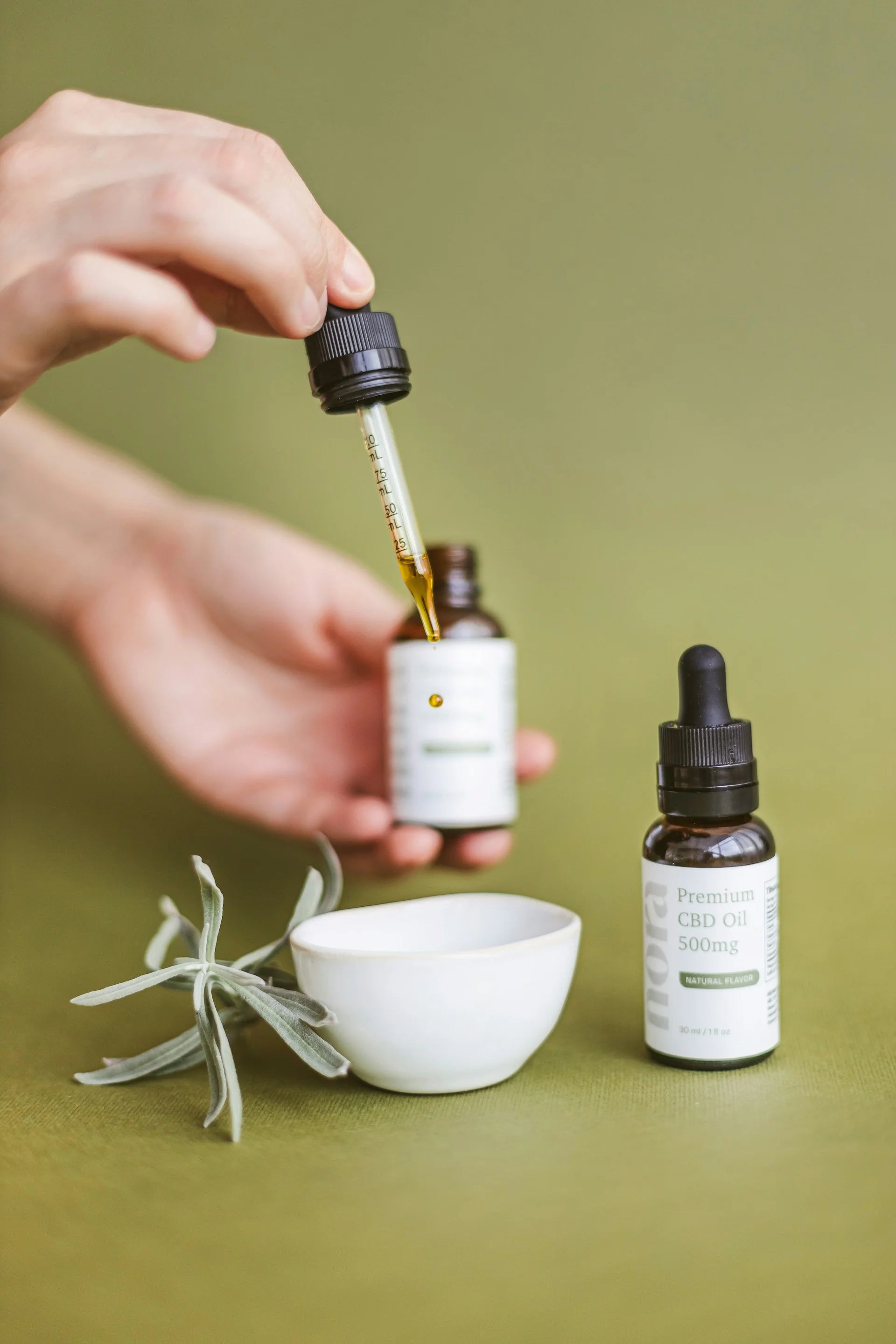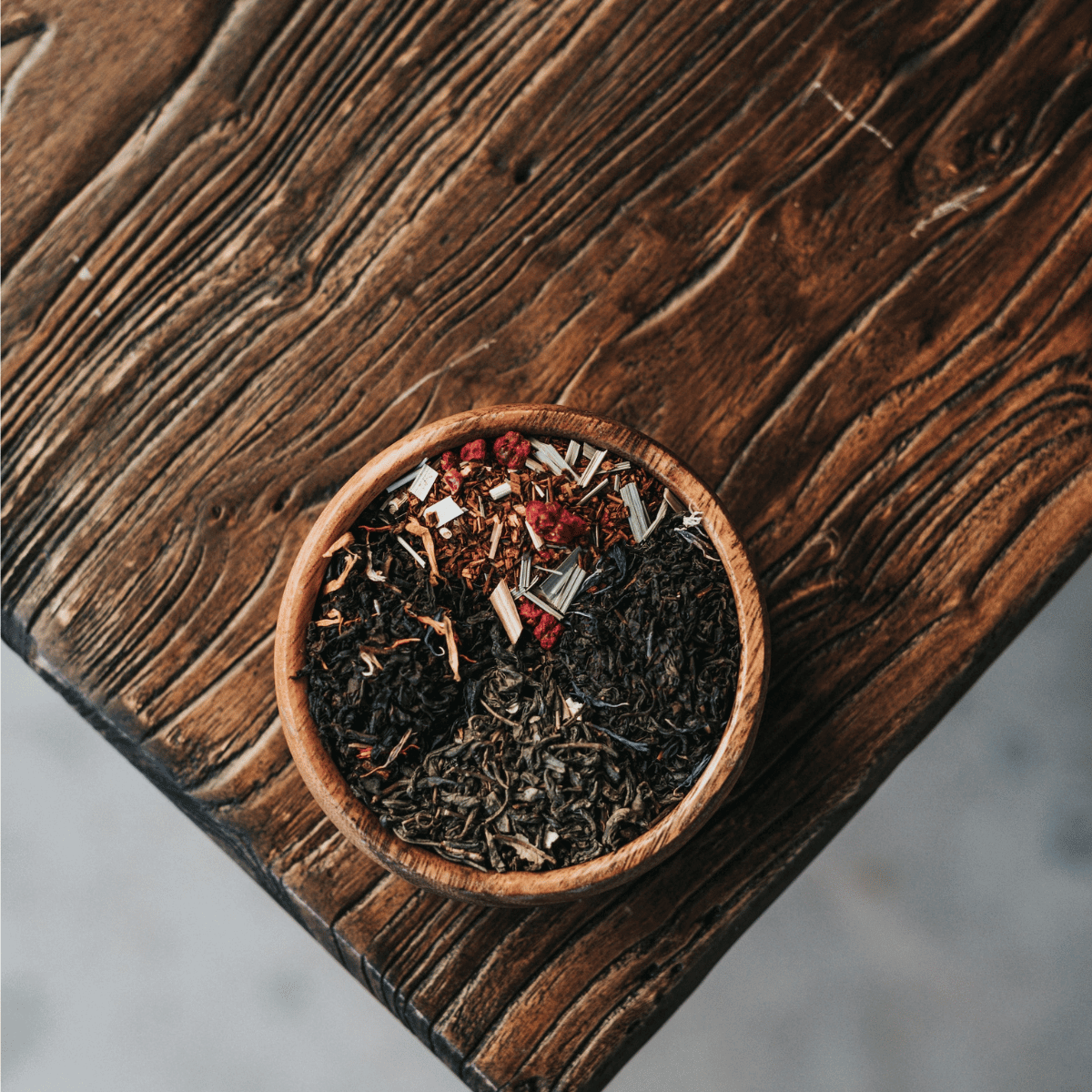Can I smoke ginger?
Cigarette smoking is an ancient practice but you may have been curious about smoking ginger. Maybe you read that smoking ginger root, leaves, or ginger extract can cause some of the same benefits as smoking marijuana. Maybe you just want to know if it's safe to smoke it. No matter your reasons, this post will provide meta-analysis and will answer all your questions about can you smoke ginger?
What is ginger and where does it come from?

Ginger is a perennial herb with fleshy rhizomatous roots, used as a spice and as an ingredient in traditional medicine. It is native to the eastern and southern coasts of South Asia, between India and Indonesia, with a wide range of cultivars distinguished by size and color.
Ginger rhizomes (Zingiber officinale) are used as a spice and flavoring. The dried rhizome is called "ginger" when referring to the plant.
Ginger is actually a root that can grow anywhere from 6 to 12 inches long. The rhizomes that form the roots are usually planted in sandy soil or loam; however, they can be grown from seed. Ginger plants look like miniature trees with long, thin trunks and branches that grow downward instead of sideways.
Ginger can be used fresh, dried and candied.
Can you smoke ginger leaves or roots?
Yes, it's possible to smoke ginger leaves or roots. There are many ways to do this, but the most common method involves placing the roots or leaves in a container filled with your favorite smoking mixture and allowing it to smolder for a while.
In some cases, people will use a propane torch or portable stovetop smoker to help the process along. It's important to note that smoking will not create any of the health benefits of eating fresh ginger root or leaves.
How is it usually used?
Ginger is used for a wide range of health benefits, and it’s also one of the most effective natural remedies for many conditions.
The most common way to use ginger is in cooking, particularly in Asian and Indian cuisine. It is also very popular to mix ginger with lemon juice in teas or to consume it as a supplement. You can find it in the spice aisle of your supermarket or specialty grocery store, and it is often used with other spices to create a strong flavor.
It's also used as an ingredient in many medicines, including cough syrups, pain relievers and cold remedies. Ginger has been used for centuries as a natural treatment for nausea and vomiting, fever, abdominal pain and heartburn.
Here are some common uses for ginger:
- Stress relief
- Anti-inflammatory properties
- Wound healing
- Digestion support
It is very important to clarify that no scientific study has approached the subject of health benefits from smoking anything. At Spliff Herbals we always recommend you consult your doctor before smoking or inhaling anything.
Does the smoking ginger leaves taste like ginger?
No, it does not taste like ginger. The taste is similar to the smell of raw ginger.
Ginger has a pungent aroma and flavor that comes from the essential oil contained in its outer layer (the pericarp). Smoking does not add to the flavor of the leaves.
What are the health benefits of smoking ginger?

Photo by cottonbro
Yes, you can smoke ginger. But it's not the healthiest way to get your fix of this spicy treat, but smoking does have its drawbacks.
First, there's the fact that you're inhaling smoke, which is never good for your lungs. Second, it can irritate your throat and lungs if you're not careful about how much heat you put into it.
Ginger in its raw and fresh form is high in antioxidants and contains anti-inflammatory properties that may help prevent cancer, diabetes and other chronic diseases, as well as blood circulation. It also contains calcium, iron, phosphorus and vitamin A — all essential nutrients for good health.
However, more scientific FDA/DOI studies or clinical trials need to be conducted to prove whether or not these claims are true.
Does smoking ginger have the same antioxidant properties as the natural root?
No, all the antioxidant properties are reduced when you smoke ginger because the compound known as gingerol, the main active ingredient in ginger, is not as potent when smoked as when eaten.

Photo by Mitchell Luo on Unsplash
Ginger root contains several compounds that have antioxidant properties and may help protect against heart disease and cancer. When heated, these compounds turn into other substances that are toxic to humans in large quantities.
Is ginger good for smokers?
It helps to lessen cravings for cigarettes in addition to lowering stress, indigestion, cough, and cold symptoms. Ginger root teas and concoctions can be quite effective in reducing cigarette cravings.
Are there any side effects to smoking ginger?
Yes, smoking ginger is not a good idea. The active compounds in ginger are volatile and can cause irritation in the lungs. In addition, they can irritate the respiratory tract, causing coughing and even chest pain. If you do choose to smoke ginger, make sure you're using a quality product that contains only pure ginger root powder.

Photo by Nataliya Vaitkevich from Pexels
However, we do need to reiterate that smoking anything is harmful to your health, and that you should always consult a health care professional before inhaling or smoking anything. As you saw, side effects of ginger can be dangerous. Be also wary of any charlatans telling you that smoking herbs can have benefits for your health, it is illegal and false.
Can you mix it with other herbs?
Yes, you can mix ginger with other complementary herbs like mullein, peppermint, chamomile, skullcap or mugwort.
You can even go as far as mixing it with other spices such as cinnamon, nutmeg or black pepper if you like! The important thing to remember is that when adding spices to an herbal blend it should be done slowly and with care so that everything burns properly without going out too fast.
Can smoking ginger help you quit smoking tobacco?
Smoking ginger is not the same thing as smoking tobacco. The main difference between smoking tobacco and smoking ginger is that, while both products contain nicotine, smoking tobacco also contains other substances, such as tar and carbon monoxide. Ginger does not contain these substances.
While it's true that smoking ginger may help you quit your smoking habits, it is unlikely to cause any positive effects on your health rather than smoking cessation. Also, the effects of smoking ginger and the effects of tobacco are not the same, so just keep that in mind if you are looking for a tobacco alternative.
Conclusion - Can I smoke ginger?
Just as with any herb, it's recommended that you consult with your doctor and look up additional information on this herb before smoking it.
In general, smoking ginger is not advisable. It can be dangerous to your health, and the long-term effects are unknown.
That being said, the benefits of smoking ginger compared to simply ingesting it would probably be pretty small. You'd be far better off just eating the ginger instead of smoking it in order to get any sort of benefits, but still be aware that you can experience some placebo effects too.
*This article is not to be interpreted as a statement of any form by Spliff but merely a compendium of information compiled from other sources. These statements have not been evaluated by Health Canada, FDA or any other regulatory body. Consult your doctor before ingesting or smoking any herbal product.*
WANNA LEARN MORE ABOUT GINGER? BROWSE OUR SOURCES BELOW!
Mahassni, S. H., & Bukhari, O. A. (2019). Beneficial effects of an aqueous ginger extract on the immune system cells and antibodies, hematology, and thyroid hormones in male smokers and non-smokers. Journal of Nutrition & Intermediary Metabolism, 15, 10–17. https://doi.org/10.1016/j.jnim.2018.10.001
Weinstein, N., Slovic, P., Waters, E., & Gibson, G. (2004). Public understanding of the illnesses caused by cigarette smoking. Nicotine & Tobacco Research, 6(2), 349–355. https://doi.org/10.1080/14622200410001676459
Daily, J. W., Yang, M., Kim, D. S., & Park, S. (2015). Efficacy of ginger for treating Type 2 diabetes: A systematic review and meta-analysis of randomized clinical trials. Journal of Ethnic Foods, 2(1), 36–43. https://doi.org/10.1016/j.jef.2015.02.007
Khandouzi, N., Shidfar, F., Rajab, A., Rahideh, T., Hosseini, P., & Mir Taheri, M. (2015). The effects of ginger on fasting blood sugar, hemoglobin a1c, apolipoprotein B, apolipoprotein a-I and malondialdehyde in type 2 diabetic patients. Iranian journal of pharmaceutical research : IJPR, 14(1), 131–140.
Vasala, P. A. (2012). Ginger. Handbook of Herbs and Spices, 319–335. https://doi.org/10.1533/9780857095671.319
Singletary, K. (2010). Ginger. Nutrition Today, 45(4), 171–183. https://doi.org/10.1097/nt.0b013e3181ed3543
Ma, R.-H., Ni, Z.-J., Zhu, Y.-Y., Thakur, K., Zhang, F., Zhang, Y.-Y., Hu, F., Zhang, J.-G., & Wei, Z.-J. (2021). A recent update on the multifaceted health benefits associated with ginger and its bioactive components. Food & Function, 12(2), 519–542. https://doi.org/10.1039/d0fo02834g







Leave a comment
All comments are moderated before being published.
This site is protected by reCAPTCHA and the Google Privacy Policy and Terms of Service apply.